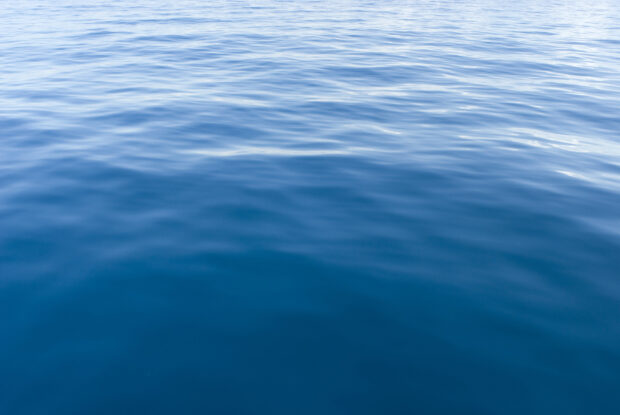 This morning there is coverage in the Independent of a legal challenge by ClientEarth and the Marine Conservation Society against the Government over the future of environmental protections after we leave the EU.
This morning there is coverage in the Independent of a legal challenge by ClientEarth and the Marine Conservation Society against the Government over the future of environmental protections after we leave the EU.
This government has been clear that it will deliver a Green Brexit as we look to become the first generation to leave the environment in a better state than we found it. A key part of delivering this will be the introduction of the first Environment Bill for more than 20 years later this year.
A Defra spokesperson said:
“As the Environment Secretary Michael Gove has already made very clear, we will not weaken any of our high environmental standards when we have left the EU and, where possible, will even look to enhance these even further.
“We are not able to comment on potential or ongoing legal cases.”
In the last month alone, we have designated 41 new Marine Conservation Zones around the coast of England, meaning that more than 40% of UK waters are now protected, and launched a review into the possible introduction of Highly Protected Marine Areas, the strongest form of marine protection.
We were also pleased that both of these announcements were welcomed by the Marine Conservation Society, and that they share our ambition to continue to expand and strengthen protections around our coast and in waters around the world.
On land, we are also carrying out an independent review, led by Julian Glover, to ensure that protected landscapes such as National Parks and AONBs meet our needs in the 21st century.
This review is looking at whether there are opportunities to expand and strengthen the network and better connect people with nature.
2 comments
Comment by William Hughes-Games posted on
Following Brexit, the UK may find it difficult to feed her people without paying a lot more to import her food. She could greatly improve her ability to feed herself. There are a number of measures she could take. Of course she could do what she did in WW2 and have individual 'Victory Gardens'. but there are other measures. In a recent trip to Otterton in Devon we saw that Otterton, which was once a sea port is now quite a distance from the shore, despite continual sea level rise. this is due to the outwash of her soils into the sea due to poor agricultural methods. This is apparently the norm all around the UK. Adopting methods described in Growing a Revolution, by David R Montgomery would reverse this trend and greatly increase the productivity of her soils.
Comment by William Hughes-Games posted on
If the UK has truly set aside 40% of her waters as reserves (absolutely no fishing) she will rapidly find that the fishing in the remaining 60% will improve greatly. What the fisheries biologists call Catch per Unit Effort will surge upwards and she will be able to abandon destructive fishing methods such as bottom trawling and drift nets and depend on methods such as long lines. This will further improve fishing in the longer term. Best of all she will see what is actually possible with such a policy and set an example for the rest of the world. Britain is a leader in renewable energy. Now it would appear that she is a leader in marine conservation. She couldn't do this if she was still under the governance of the corrupt Brussel government.